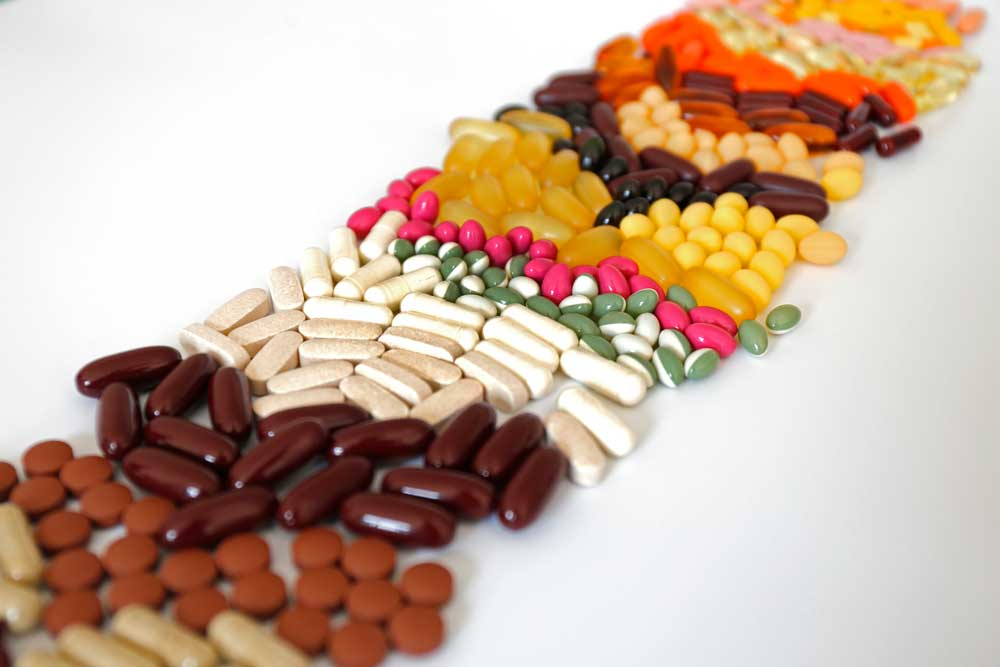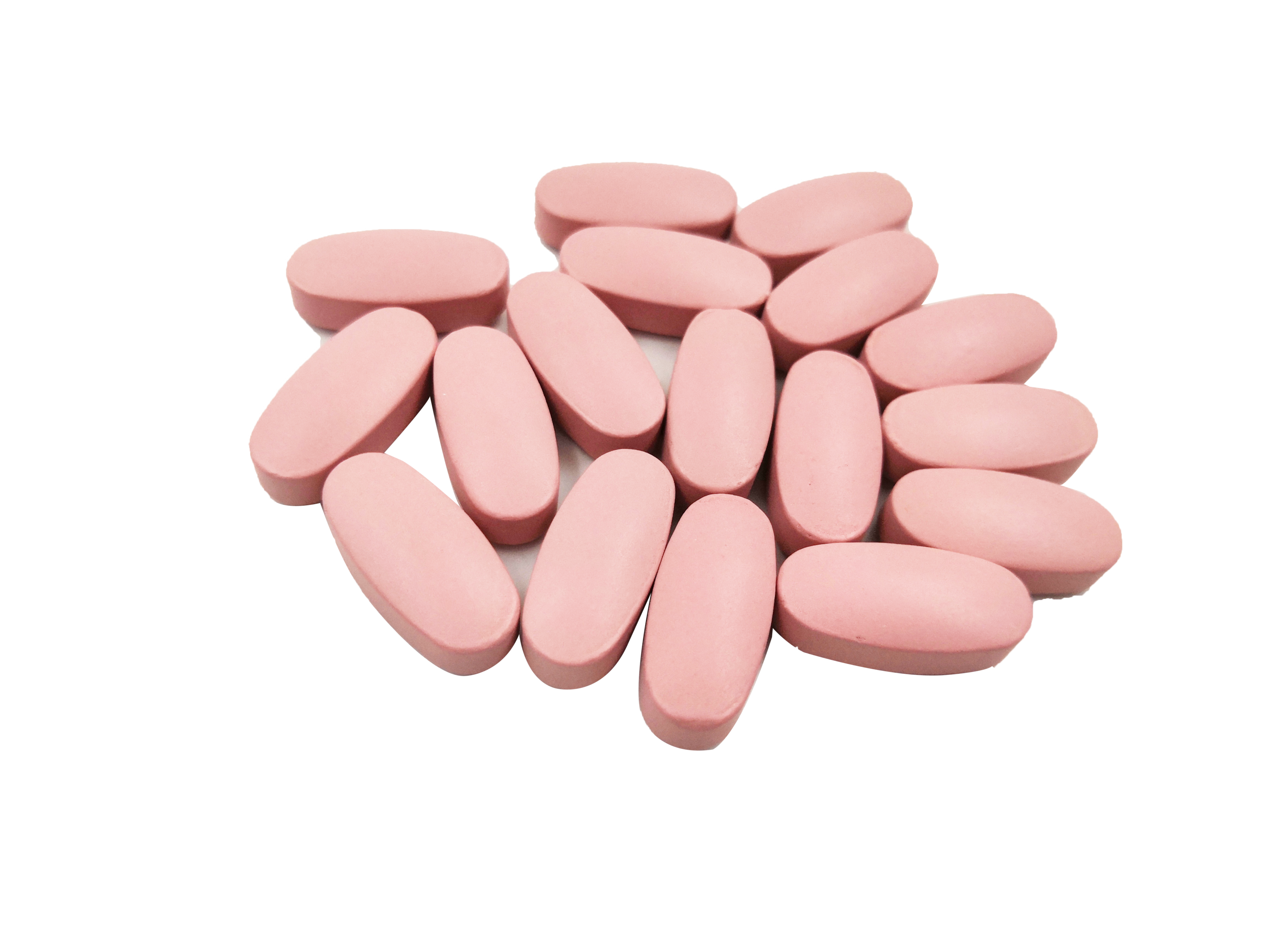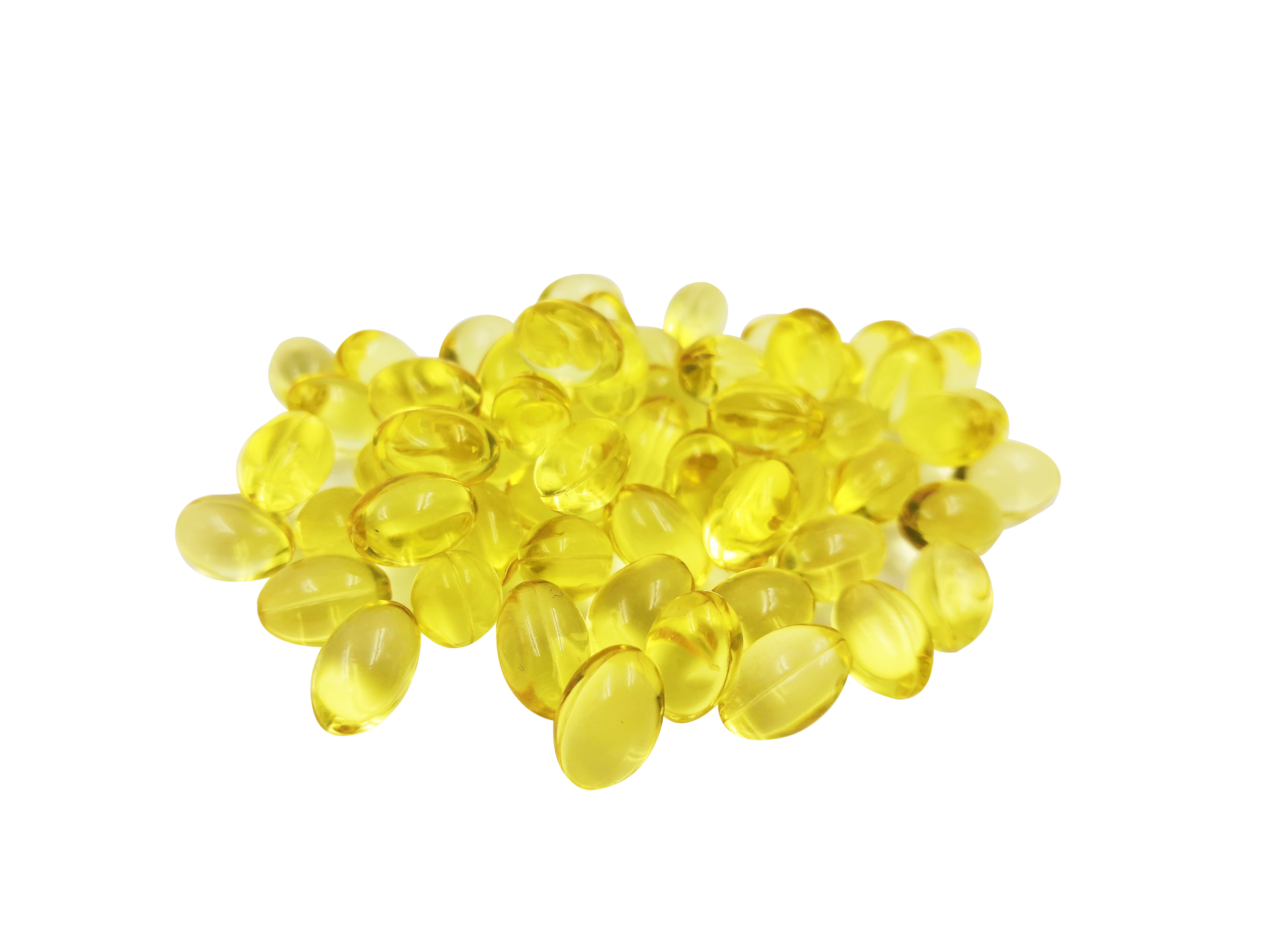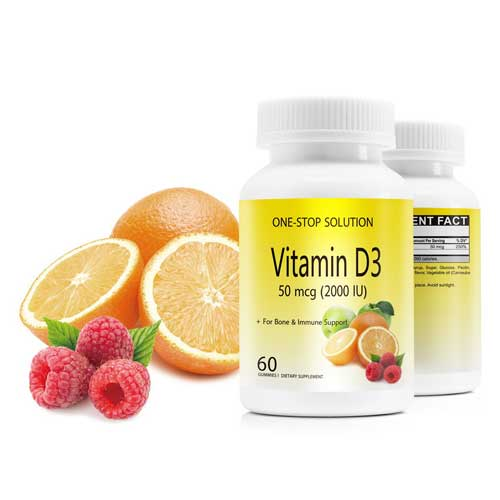
29 May Should you take vitamin d 3 everyday ?
Should you take vitamin d 3 everyday ?
vitamin d3 , also known as cholecalciferol is a vitamin that is produced by the human body when skin is exposed to sunlight. It is fat soluble vitamins , also available in supplement form. Vitamin D3 cholecalciferol has many benefits, including improving bone health, reducing inflammation, boosting the immune system ,promote heart health, promote healthy mood and aid cognitive function. Some people wonder if it is a good idea to take vitamin D3 everyday. In this blog post, we will discuss the pros and cons of taking vitamin D3 everyday and help you decide if it is right for you!
The recommended daily dose of vitamin D3 depends on age but is generally between 400-2000 IU per day to ensure healthy bones.
(1) The recommended daily dose for people aged 0-10 is 400-1000 units
(2) The recommended daily dose for people aged 11-18 is 600-1000 units
(3) The recommended daily dose for people aged 18-50 is 1500-2000 units
(4) The recommended daily dose for people aged 50-70 and above 70 is 1600-2000 units
(5)vitamin D3 is essential for pregnant and lactating women. The recommended daily intake is 1500-2000 units.
(6)Obese children and adults, as well as children and adults taking anti-seizure medications, glucocorticoids, antifungal drugs, need at least 2-3 times the vitamin D3 of their age group to meet their needs.

1.What is the Purpose of Vitamin D3 for dietary supplement
Vitamin D3 cholecalciferol is an essential vitamin that helps the body absorb calcium and phosphorus. It is also important for maintaining bone health and preventing osteoporosis. Vitamin D3 is found in food sources such as fatty fish, egg yolks, and fortified milk. However, exposure to sunlight is the best way to obtain vitamin D3. The body synthesizes vitamin D3 when the skin is exposed to ultraviolet rays from the sun. Unfortunately, many people do not get enough cholecalciferol from diet and sun exposure. This can lead to vitamin D deficiency, which can cause a number of health problems .
vitamin D3 also has a role in cell growth, immune function, and reduction of inflammation. vitamin D deficiency can cause rickets in children and osteomalacia in adults. vitamin D toxicity can cause hypercalcemia, which can lead to kidney stones, hypertension, and cardiovascular disease.

2.The Various Types of Vitamin D Supplement Dosage in current wholesale vitamin d3 market.
The various types of vitamin D3 supplement dosage are as follows:
(1) vitamin D3 drops:
These are a liquid form of vitamin D3 that can be added to food or drinks. They are available in both prescription and over-the-counter forms. The recommended dose depends on the age and weight of the person.

(2) vitamin D3 capsules:
These are capsules that contain vitamin D3. They are available in both prescription and over-the-counter forms. The recommended dose depends on the age and weight of the person.

(3) vitamin D3 gummy bears:
These are vitamin D3 supplements in the form of gummy bears. They are available in over-the-counter form. The recommended dose is 1-2 bears per day for people aged 4 and up.

(4) vitamin D3 tablets:
These are tablets that contain vitamin D3. They are available in both prescription and over-the-counter forms. The recommended dose depends on the age and weight of the person.

(5) vitamin D3 softgel:
Vitamin D3 softgel is a vitamin D3 supplement in the form of a softgel capsule. It is available in over-the-counter form. The recommended dose is 1-2 softgels per day for people aged 4 and up.

3. vitamin D-fortified foods
Except for supplement, these are foods that have been fortified with vitamin D. vitamin D-fortified foods are a good source of cholecalciferol . They include milk, yogurt, cereal, and bread. The vitamin D content of these foods varies depending on the product. For example, the vitamin D content of milk is typically around 100 IU per cup, while the vitamin D content of some cereals can be as high as 400 IU per serving.

Now that you know a little bit more about vitamin D, should you take it every day? The answer may depend on several factors, including your age, health, and vitamin D levels. If you are interested in taking a vitamin D supplement, or if you want to increase your intake of vitamin D-fortified foods, talk to your healthcare provider to determine what would be best for you.
This blog post provides general information about vitamin D3 cholecalciferol and vitamin D supplements. It is not intended to be medical advice. If you have any questions or concerns, talk to your healthcare provider.


